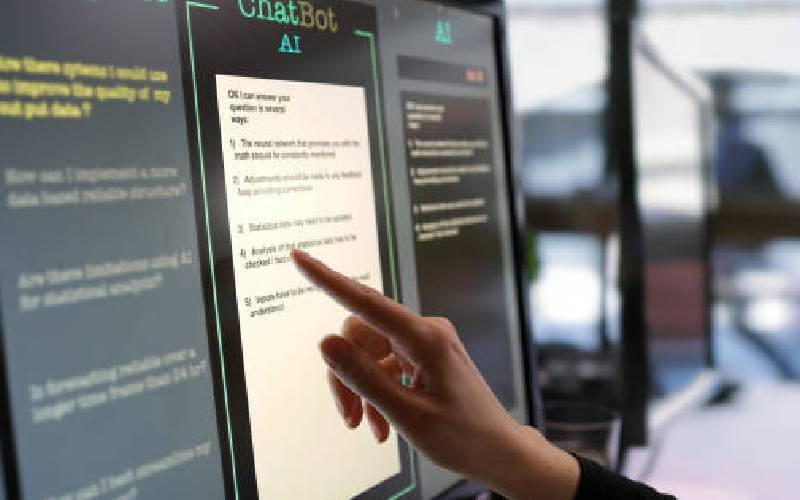×
The Standard e-Paper
Fearless, Trusted News

With changing times, many things are changing and technology is on an upward trajectory - this should be growth that should work for the betterment of the whole world.
At the centre of many talks is Artificial intelligence (AI) which refers to the simulation of human intelligence by software-coded heuristics. Nowadays, this code is prevalent in everything from cloud-based, enterprise applications to consumer apps and even embedded firmware.